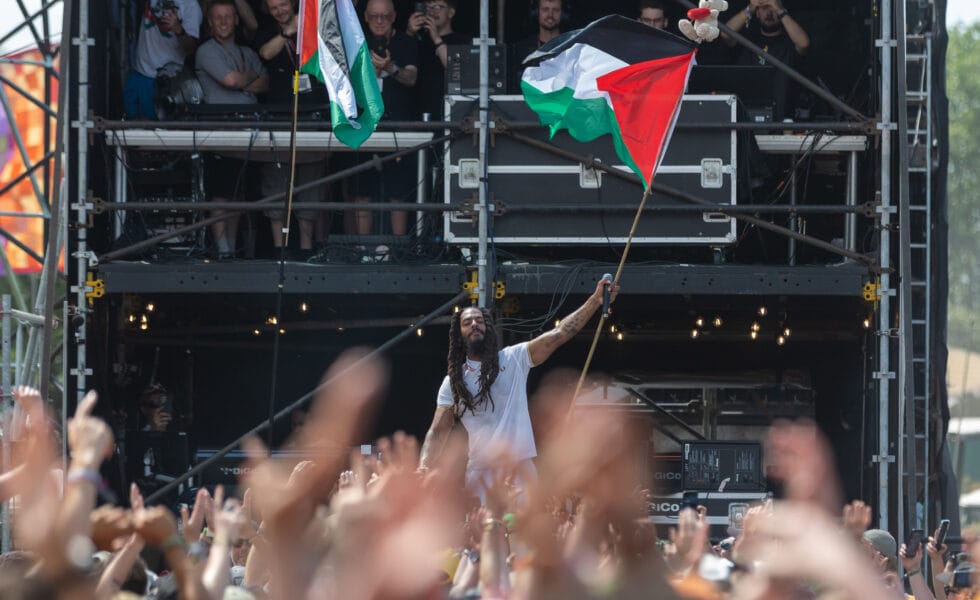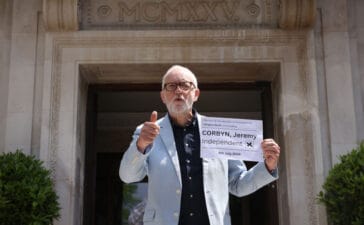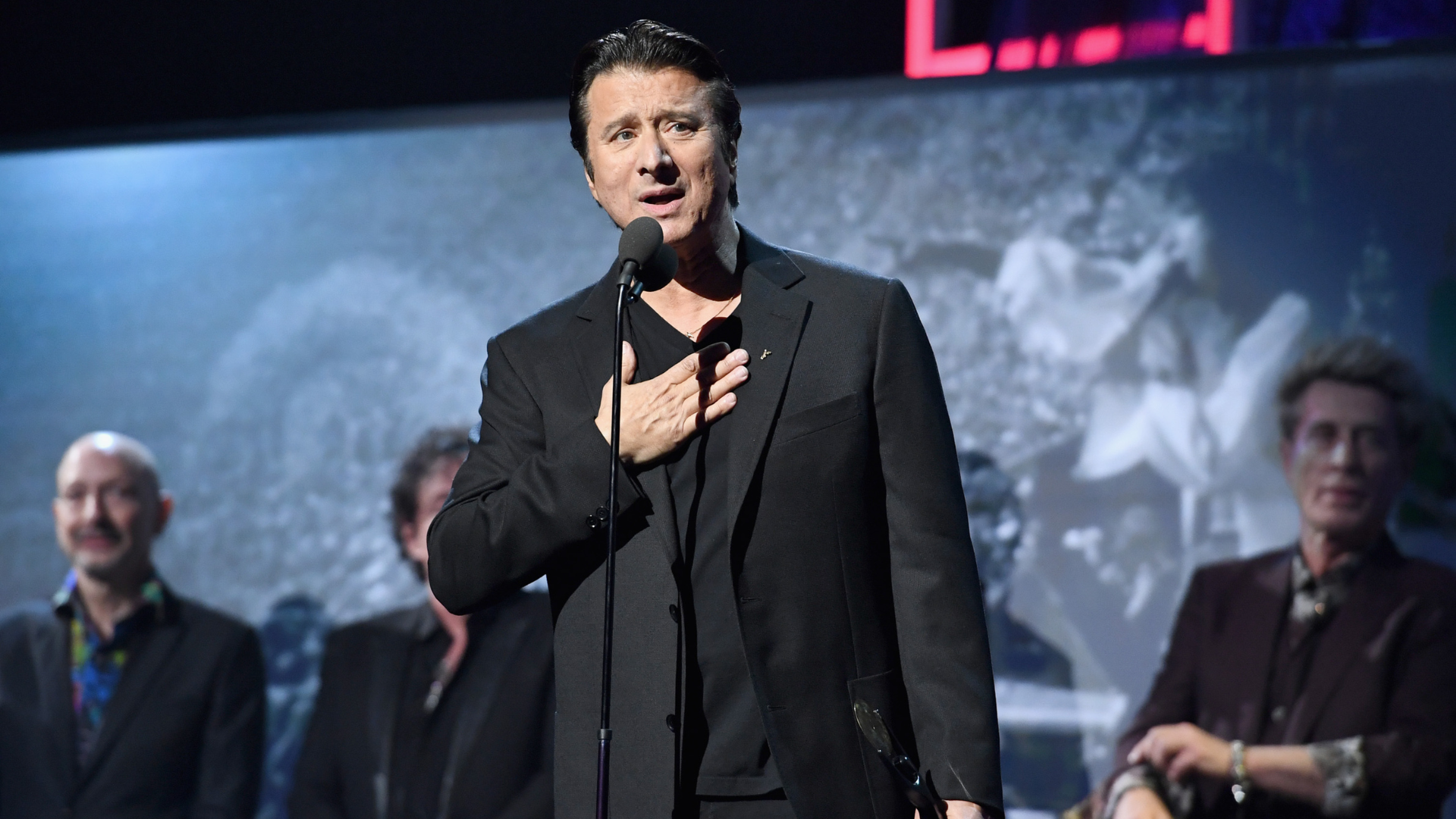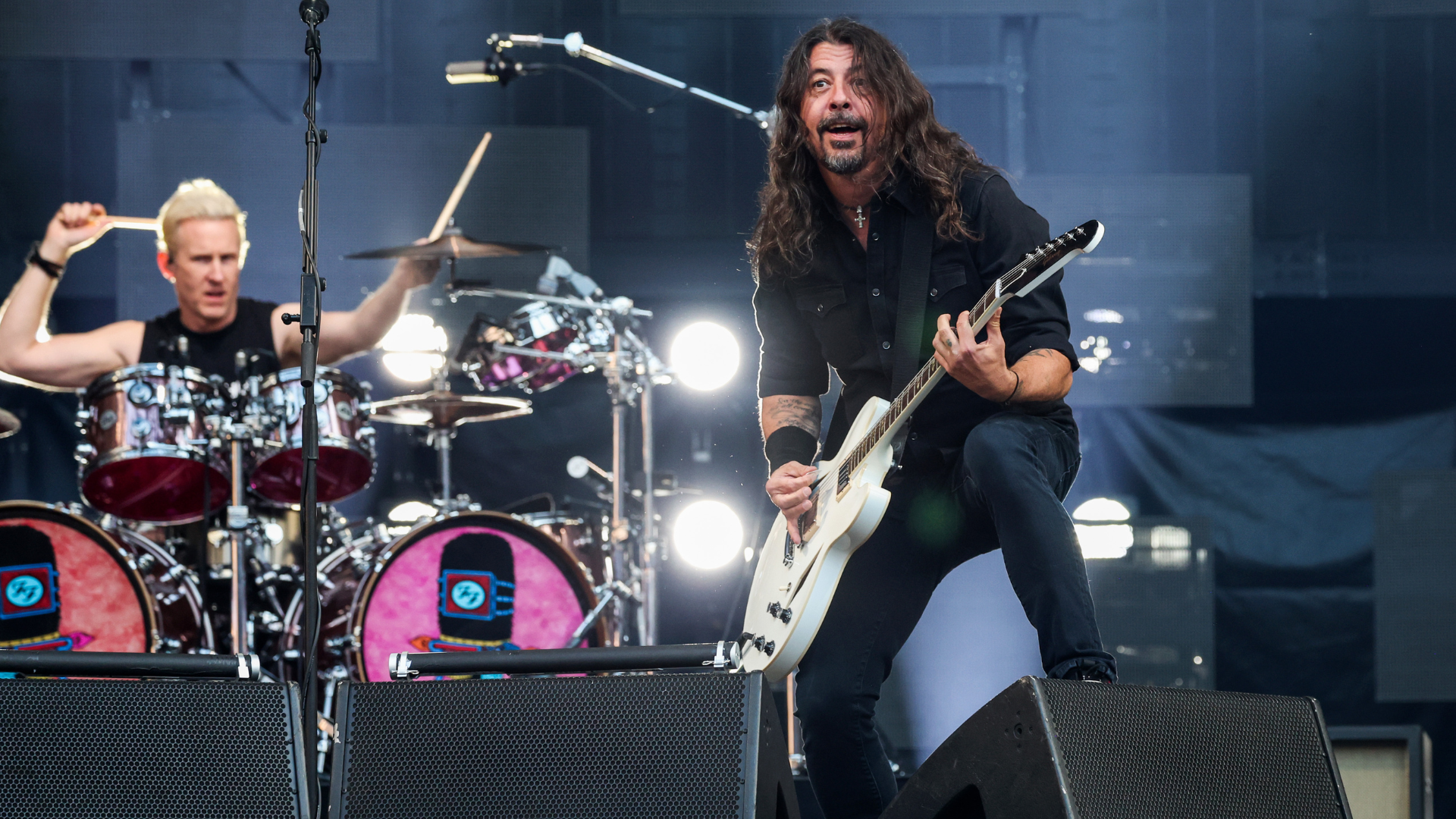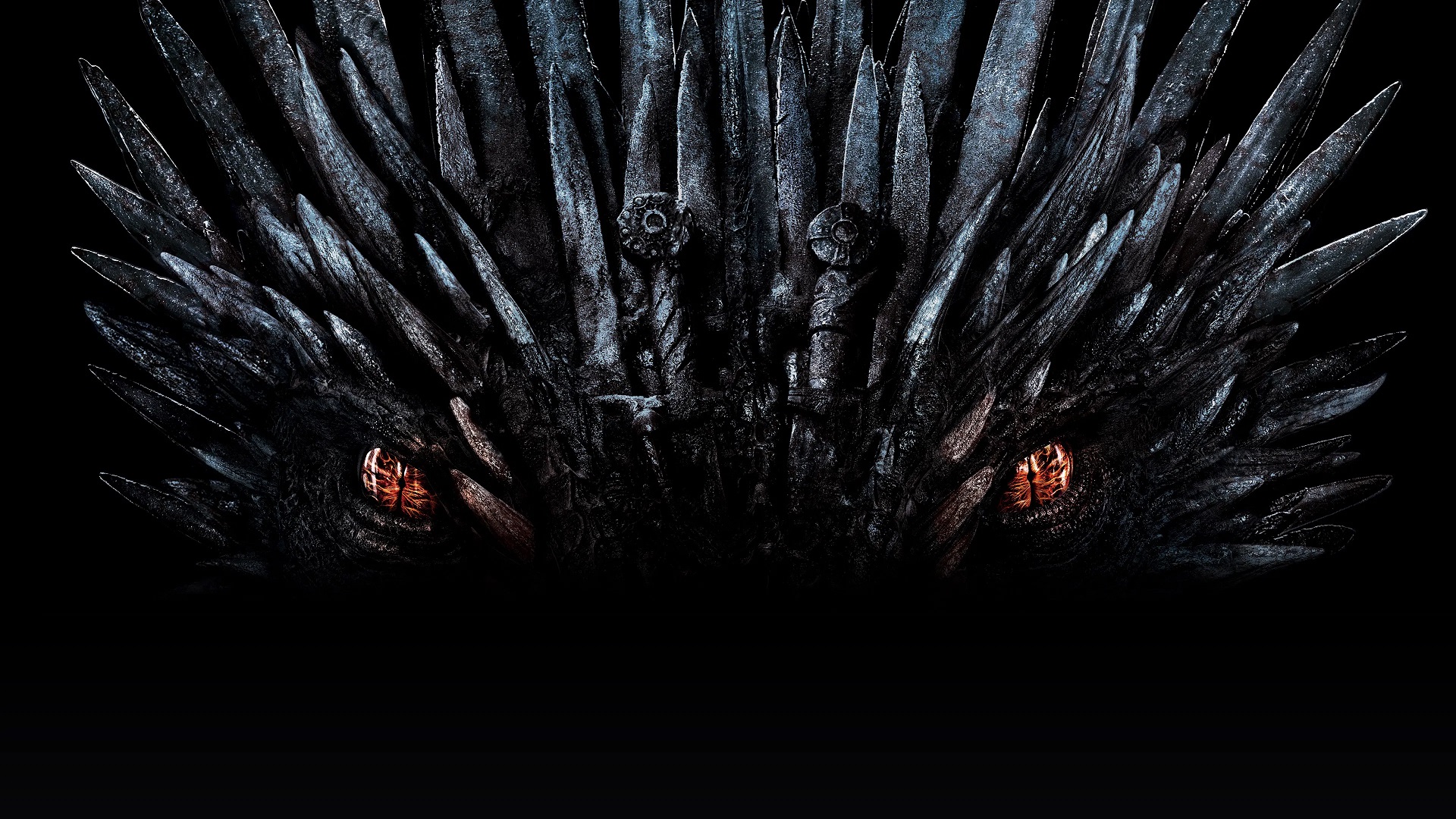In 2025, it seems saying the quiet part out loud can still get you shut down.
Bob Vylan have officially been pulled from Manchester’s Radar Festival, not because the festival wanted to—but because they were told to. And if you’re not alarmed by that, you’re not paying attention.
Let’s rewind. The punk-rap duo caused chaos at Glastonbury after leading chants of “death to the IDF” and “free Palestine” on the West Holts Stage. The fallout has been swift and brutal: US visas revoked, agency dropped, headline slots scrapped across Europe. Now, Radar.
Festival co-organiser Catherine Jackson-Smith said it plainly: if Bob Vylan played, Saturday wouldn’t happen. “There was not an option,” she said. By translation, this means: step out of line, and the machine will chew you up.
The music industry loves to talk about being edgy and rebellious—but only if it’s wrapped in safe, pre-approved packaging. Everyone’s welcome to scream “fuck the system,” as long as the system signs off first.
This isn’t about whether you agree with Bob Vylan’s delivery. Their Glasto chants were incendiary. But punk has always been incendiary. Rage Against the Machine didn’t tiptoe through lyrics. Public Enemy didn’t ask for permission. Now, the very culture built on confrontation is being gutted by corporatised caution.
Radar’s team didn’t want to drop Bob Vylan. They were told it was either pull the band or risk losing Saturday altogether. That’s not a creative decision. That’s cultural censorship.
This moment reveals how fragile “freedom of expression” really is when money, politics and corporate ownership intersect. And it’s a warning shot to any artist who thinks being “controversial” still has a place on mainstream stages.
We’re watching a slow sanitisation of live music culture. One where radical voices are filtered, not celebrated. Where festivals that claim to “support diverse voices” buckle the second things get uncomfortable.
Bob Vylan didn’t get cancelled by fans. They got cancelled by the gatekeepers. And if this is where we’re headed, then live music’s future is looking a lot quieter, and a hell of a lot safer.


